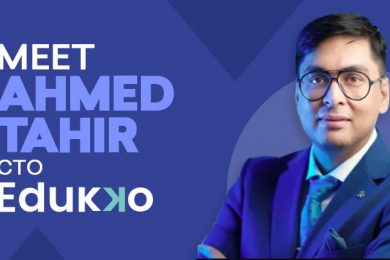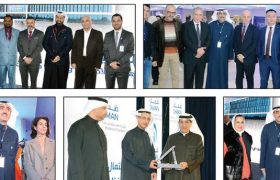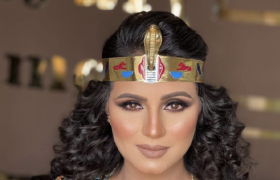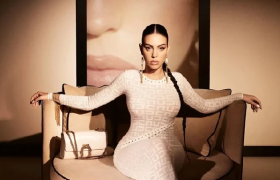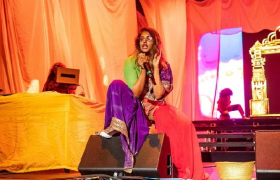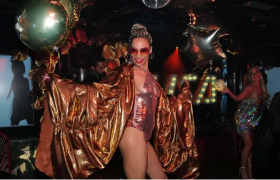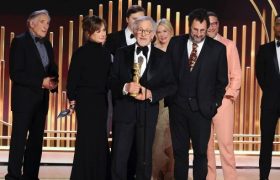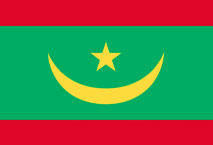In Iran, the political landscape has been dramatically reshaped by a snap election prompted by a tragic helicopter crash. This election, tightly controlled by clerical authorities, has nonetheless seen a surge of interest and anticipation, largely due to the emergence of Massoud Pezeshkian as a compelling candidate promising substantial reforms at home and a new approach abroad.
Pezeshkian, 69, brings a distinguished background as a former heart surgeon and health minister, which has lent credibility to his campaign. His candidacy has gained momentum particularly for his bold criticisms of Iran’s morality police, whom he accuses of enforcing outdated and oppressive dress codes on women, labeling their actions as morally reprehensible. This stance has resonated strongly with progressive-minded Iranians and those advocating for social freedoms.
Beyond social issues, Pezeshkian has outlined ambitious foreign policy goals, vowing to improve relations with Western nations and revitalize stalled nuclear negotiations. He argues that easing economic sanctions, which have severely impacted Iran’s economy, hinges on diplomatic re-engagement with the international community. This platform has garnered support from influential figures including former presidents Hassan Rouhani and Mohammad Khatami, as well as former foreign minister Mohammad Javad Zarif, bolstering his credentials as a candidate capable of navigating Iran through complex geopolitical challenges.
The election dynamics took a surprising turn recently when two conservative candidates withdrew from the race, a strategic move believed to consolidate support within the conservative camp and avoid diluting their vote share. This development has injected an element of unpredictability into the election process, intensifying interest and drawing increasingly large crowds to Pezeshkian’s dynamic campaign rallies across the country.
As Iran prepares for election day, the atmosphere is charged with both anticipation and uncertainty. The electorate, diverse in its aspirations and concerns, faces a pivotal choice that could shape the nation’s trajectory for years to come. The outcome of this election will not only determine Iran’s domestic policies and international relations but also signal the evolving political preferences and priorities of its citizens amidst a backdrop of economic challenges and global scrutiny.
In summary, the Iranian election of 2024 stands as a pivotal moment in the nation’s modern history, characterized by competing visions for social reform, economic recovery, and diplomatic engagement on the global stage.
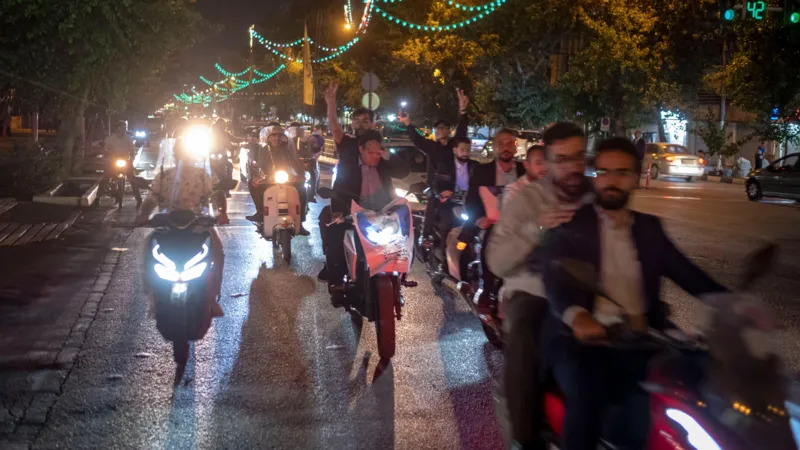
Mr. Pezeshkian is currently ahead in the most recent opinion polls, ahead of Mohammad Baqer Qalibaf and Saeed Jalili. Qalibaf used to lead Iran’s Revolutionary Guards and is now the parliament speaker, while Jalili previously negotiated on Iran’s nuclear program.
The conservatives in Iran disagree with engaging with Western countries and argue that Iran can succeed despite facing sanctions.
There is another candidate in the race to replace Ebrahim Raisi, who recently died in a helicopter crash along with seven others.
The upcoming election’s turnout will be an important measure of how much Iranians support their government. Turnout in recent parliamentary and presidential elections has been very low.
Supreme Leader Ayatollah Ali Khamenei has called for “maximum” turnout, and many of his loyal supporters are expected to vote. However, younger and middle-class Iranians are increasingly disinterested in participating. Some are disillusioned with the 45-year rule of religious leaders and have lost trust in the government.
Following the death of Mahsa Amini in police custody in 2022, which sparked nationwide protests, the gap between Iran’s leaders and its people has widened significantly. Many young Iranians, especially those in Generation Z, now harbor strong resentment toward the government.
In the past, there was hope that reform-minded leaders could bring about change, but those hopes have been repeatedly dashed. Recently, even former President Hassan Rouhani was prevented from running for a key position in the Assembly of Experts, which is responsible for appointing the Supreme Leader.
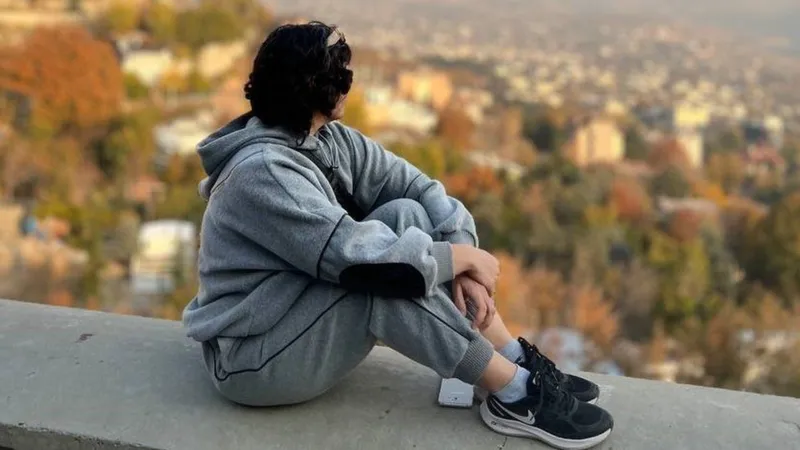
Many Iranians have lost faith in the electoral process as a means of bringing about significant change.
“I won’t be voting this year,” lamented a 70-year-old woman in Tehran, who had previously supported reformist candidates. “I don’t believe anything will improve. The economy is in such dire straits, and the younger generation is increasingly looking to leave Iran.”
Azad, a women’s rights activist who faced imprisonment during protests, described the upcoming elections as nothing more than an “electoral circus.”
“When the puppeteer is someone like Khamenei, it doesn’t matter which name appears on the ballot,” she shared via a social media platform. “During the height of the unrest, people in the streets chanted, ‘Reformist, conservative, the game is over.'”
There is a prevailing sentiment among some that the clerical establishment permitted Mr. Pezeshkian to run in order to bolster voter turnout.
Azad characterized it as a “game” orchestrated by the regime. “We don’t trust them and refuse to be manipulated again.”
Several individuals in Tehran I’ve spoken with recently echoed similar sentiments.
“While voting is a duty, I won’t be participating,” declared a law student to the BBC. “None of the previous presidents elected have significantly improved people’s lives.”
However, there are those who still hold onto a glimmer of hope that Mr. Pezeshkian represents for liberal-minded Iranians.
“I’ll cast my vote for Pezeshkian,” asserted Maryam, a 54-year-old from Tehran. “I believe that change must come from within Iran, through reform.”
She appreciates that he lacks a background in security forces and is perceived as “clean,” free from corruption allegations. Maryam also hopes he can enhance Iran’s international relations and is optimistic about his chances of victory.
Yet, even if elected, questions abound regarding the extent of Pezeshkian’s ability to maneuver.
“Pezeshkian is labeled a reformist, but he remains supportive of the Islamic Republic and loyal to the supreme leader,” noted Sanam Vakil of Chatham House. “His candidacy may increase voter turnout and inspire hope, but substantial change is unlikely.”
This sentiment underscores a broader disillusionment with the political process among many Iranians, who, despite recognizing their civic duty to vote, perceive little promise of meaningful improvement through the current electoral mechanisms.
Published: 28th June 2024
Also Read:
What’s causing the deaths during this year’s Hajj pilgrimage in Saudi Arabia?
Israeli Soldier Killed in West Bank Raid
No more long-term tax benefits for debt mutual funds: NRIs will be affected, here’s how
Disclaimer: “The Arabia Times” strives for accuracy and fairness in our reporting. While “The Arabia Times” endeavors to ensure the information presented is correct, “The Arabia Times” cannot guarantee its completeness or accuracy. Opinions expressed are those of the authors and do not necessarily reflect the views of “The Arabia Times.”







